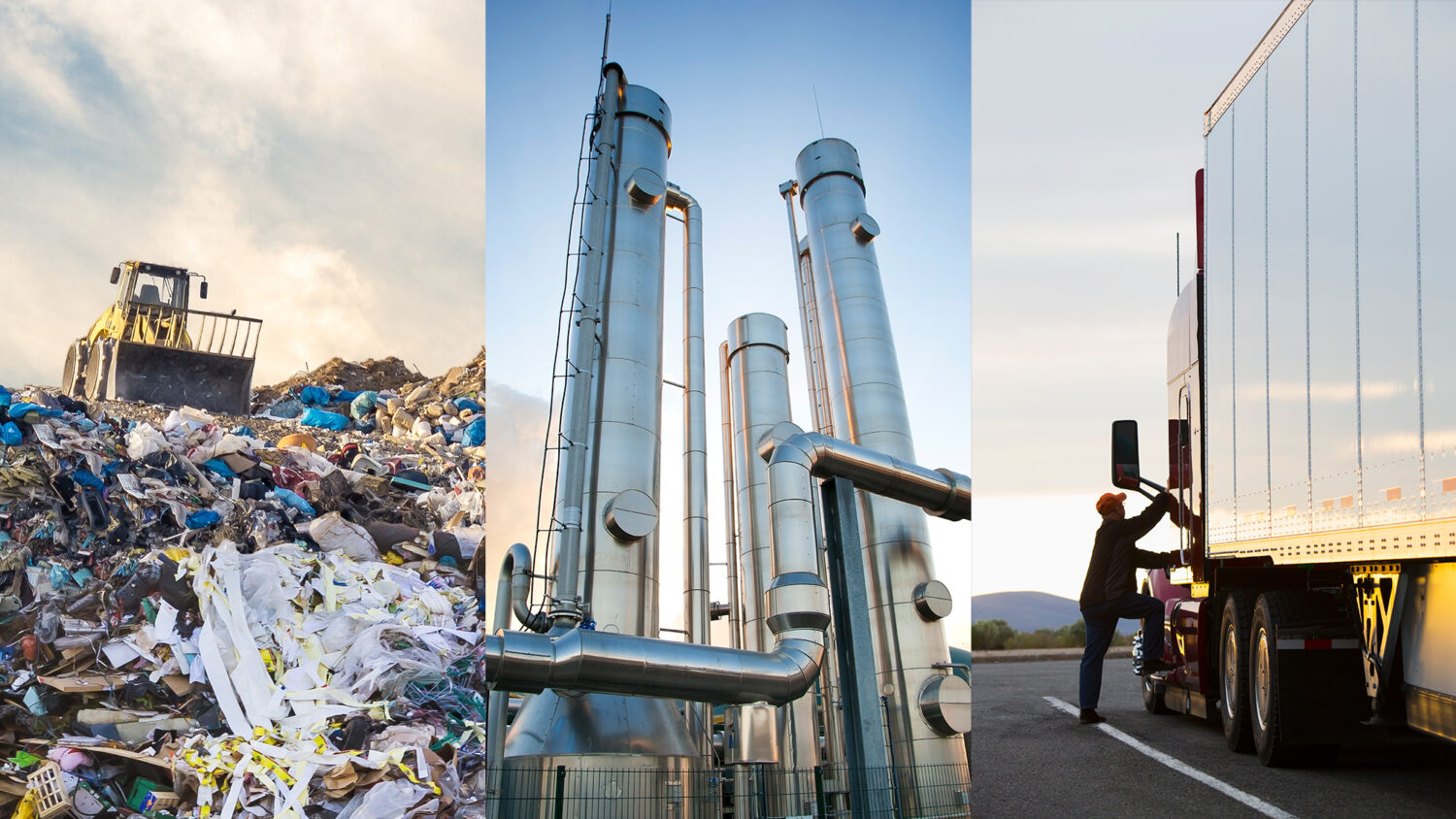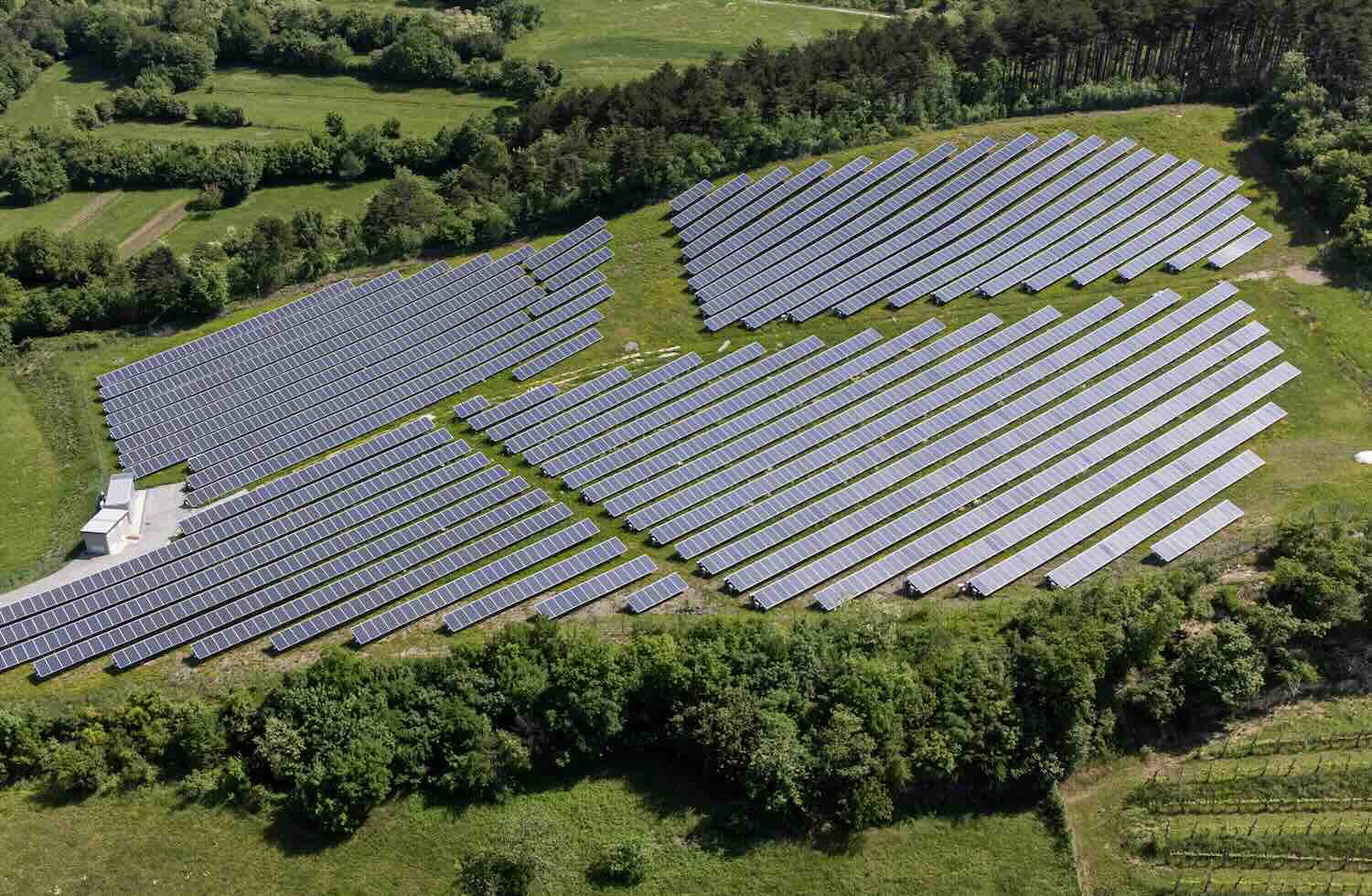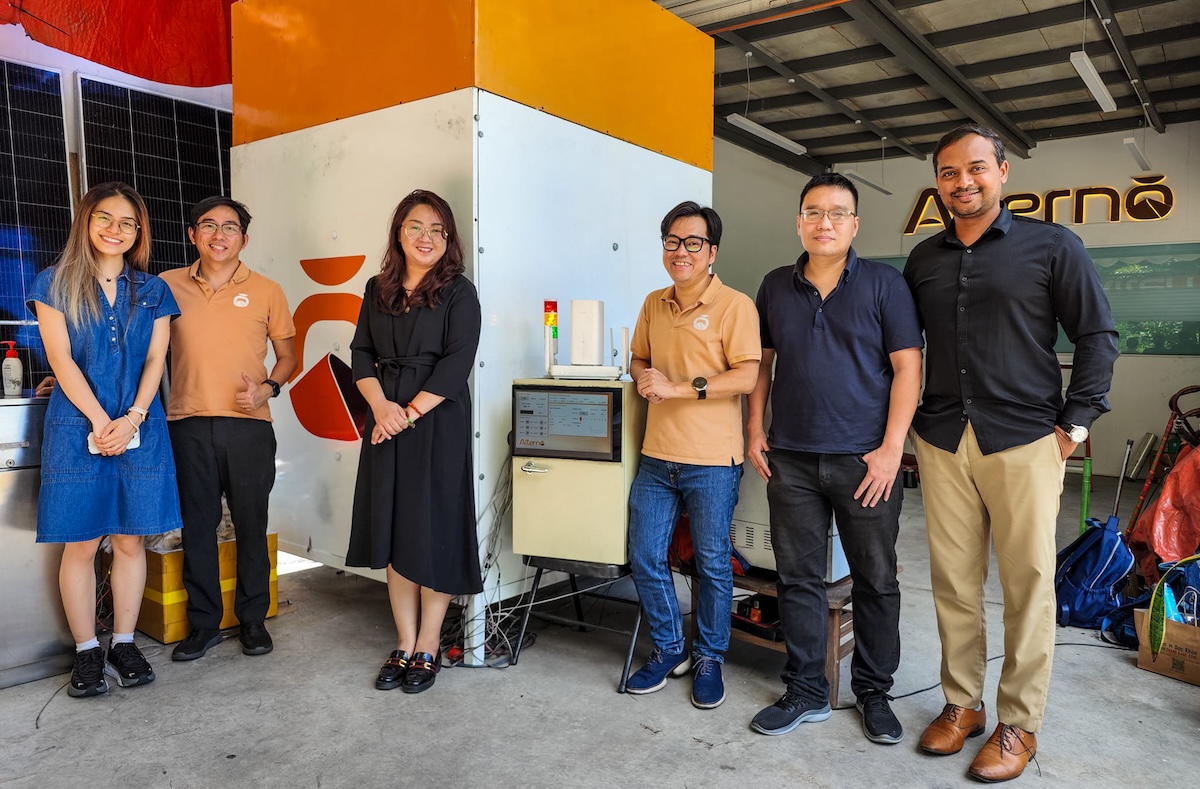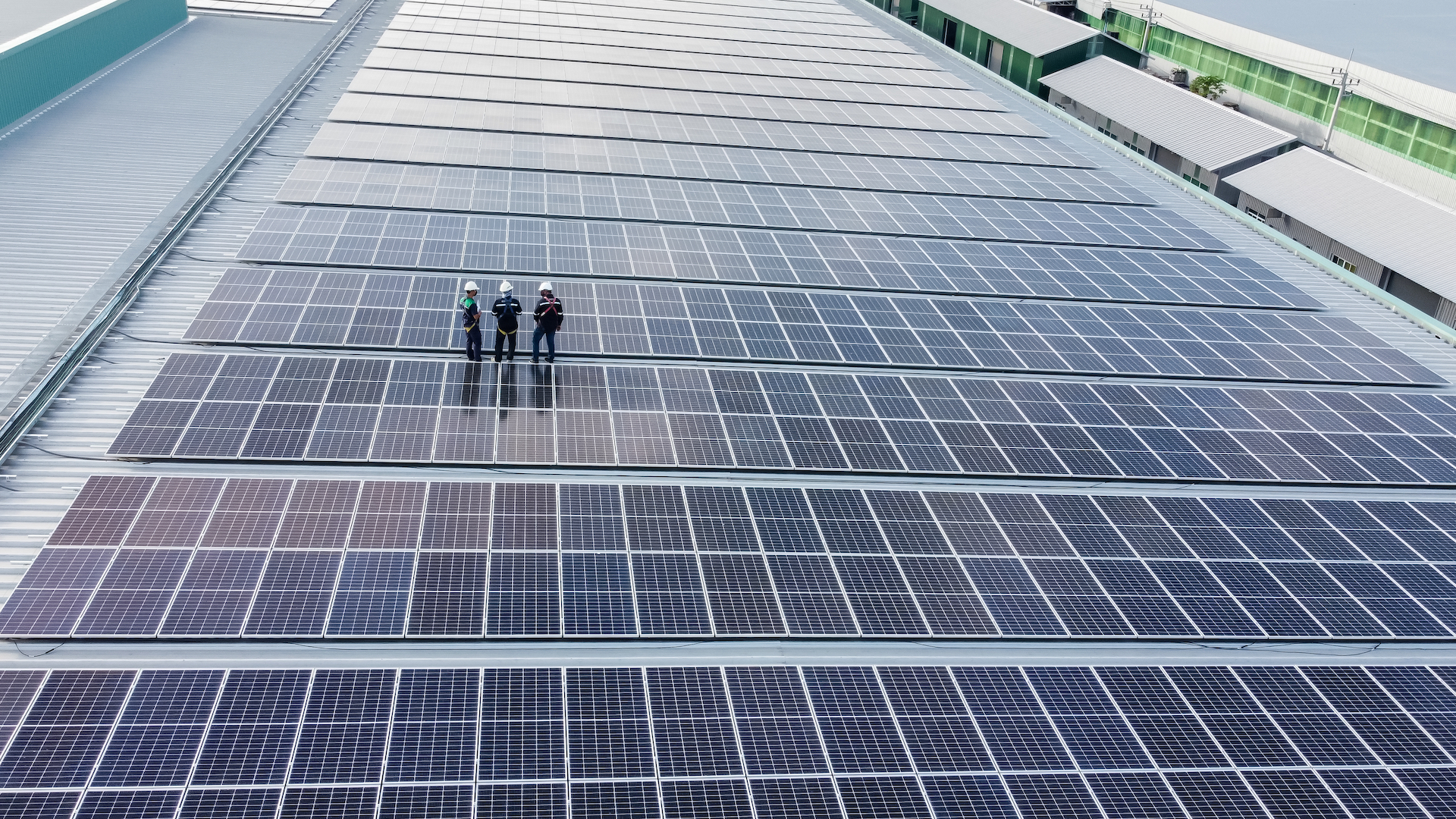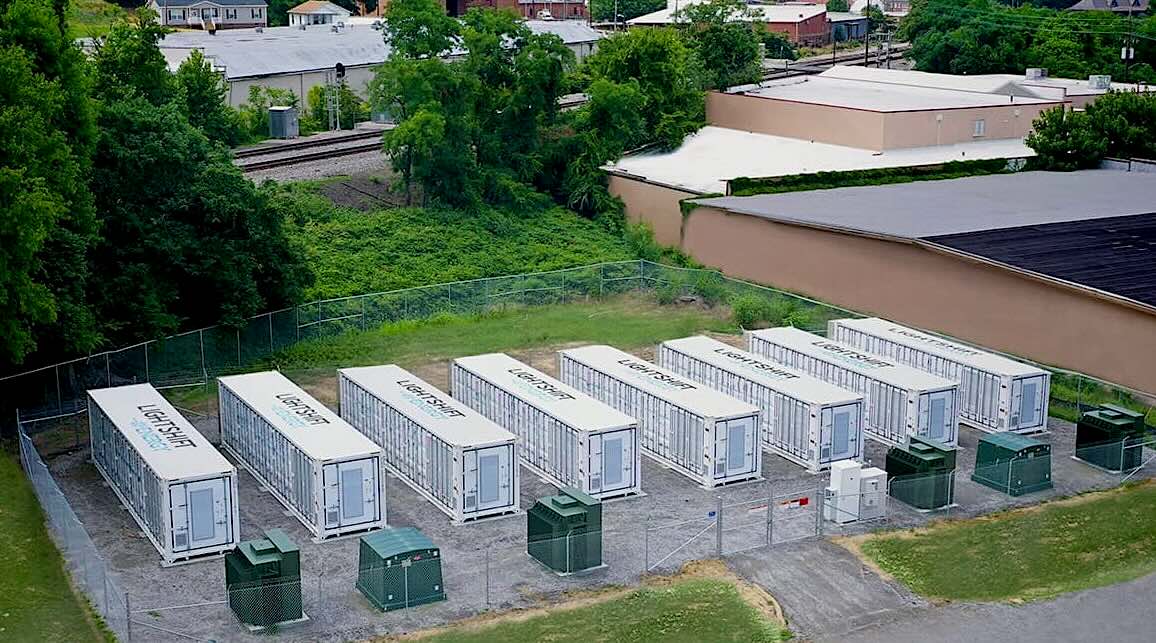ImpactAlpha, October 19 — BP became one of the first oil majors to embrace the low-carbon transition when CEO Bernard Looney took over in February 2020 and committed to net-zero greenhouse gas emissions by 2050 or sooner. That goal encompasses BP’s operations as well as emissions from the oil and gas it sells.
BP’s acquisition of Houston-based Archaea will help the energy giant reach more customers and reduce the carbon intensity of its products. Archaea manages more than 50 renewable natural gas and landfill gas-to-energy facilities in the U.S.
“This is a product that our customers want,” Looney told Reuters. “There’s more demand for this product than there is supply.”
The $4.1 billion deal, subject to approvals, includes $3.3 billion in equity, or $26 a share, as well as approximately $800 million of debt. Earlier this year, Chevron Corp. purchased biodiesel maker Renewable Energy Group for nearly $3.2 billion.
Looney said BP will grow Archaea’s renewable natural gas production five-fold to 30,000 daily barrels of oil-equivalent fuel by 2030. The acquisition will increase BP’s biogas supply by 50%. BP will invest an additional $1.7 billion to support Archaea’s growth.
Market forecast
Renewable natural gas, derived from biomass and other organic waste, is a pipeline-quality gas that is fully interchangeable with conventional natural gas. RNG has the potential to reduce greenhouse gas emissions by up to 260 million tons by 2040, but RNG pipelines can also leak methane, a potent greenhouse gas, like their fossil fuel counterparts.

